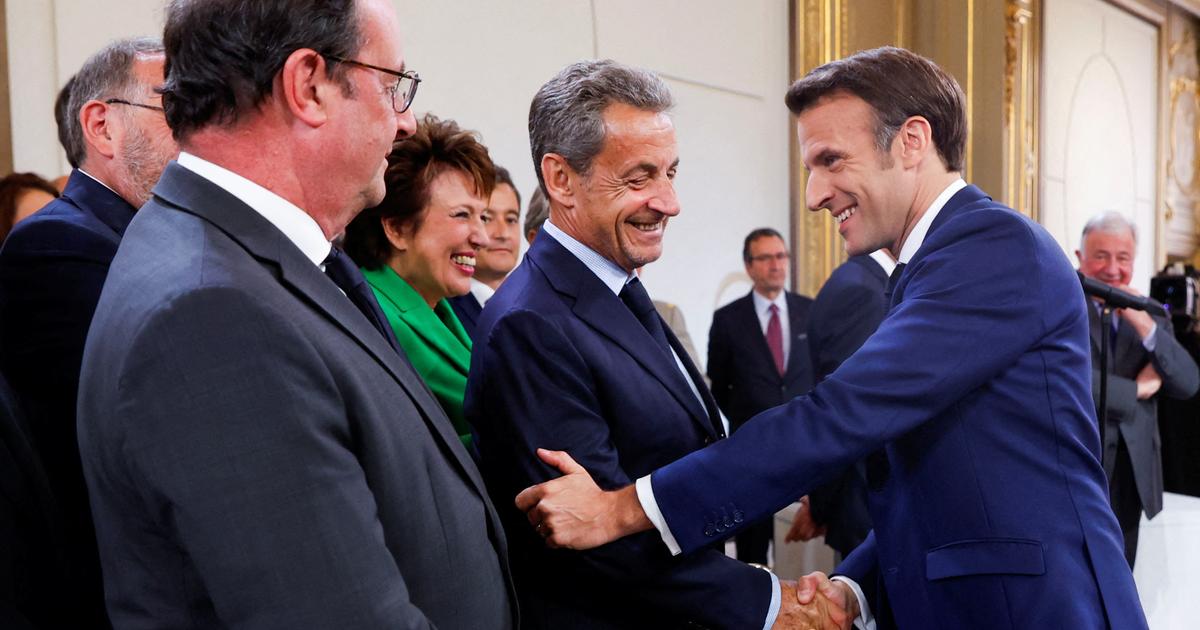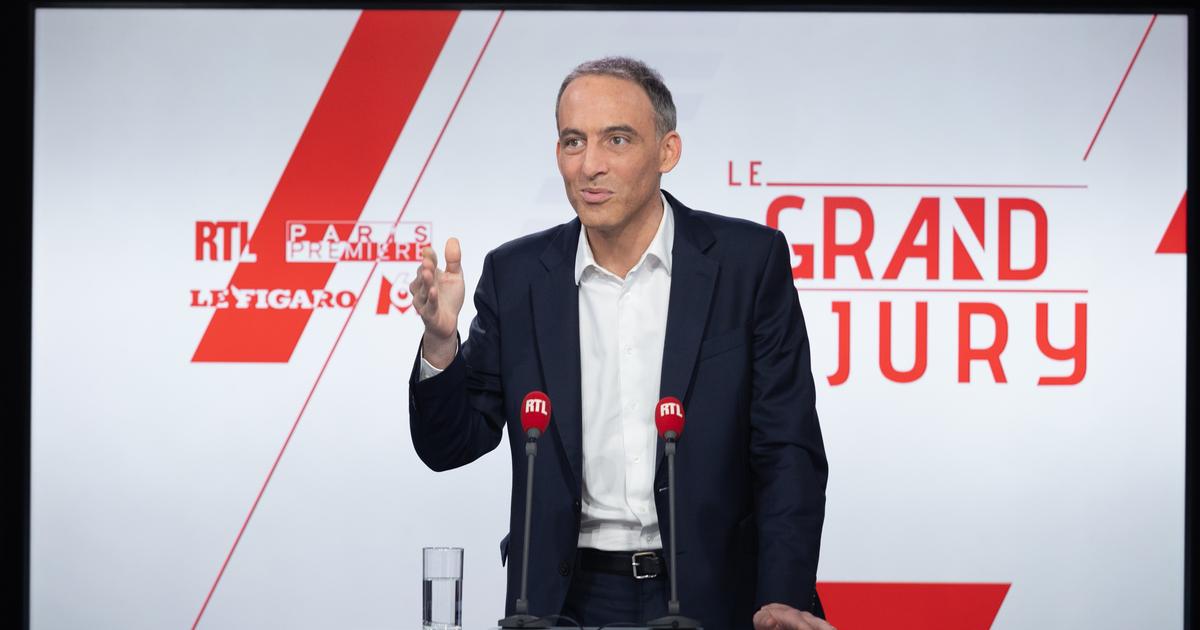Sometimes judged "silent" or "forgotten", sometimes "bludgeoned", but rarely "privileged", the middle classes regularly return to the heart of the political debate as they represent an important part of the French population. Up to half of it. Consumers and essential to the growth of the country, these French who work and pay taxes are not to be left behind. At the risk of paying the price at the ballot box or in the street... And that, Emmanuel Macron - who announced on Monday want to reduce taxation for the middle classes by two billion euros - is not the first president to have understood.
What is for the moment only a declaration of intent on the part of the head of state follows other measures taken in recent years to satisfy these middle classes, so difficult to define. "Too rich to be helped" by benefits, but "not rich enough to live well," in the words of the president. Emmanuel Macron had already made so-called "emergency" announcements at the end of 2018, in order to calm the sling of the Yellow Vests. Among them, the revaluation of the activity bonus, the bonus of 1000 euros without social contributions or taxes, the cancellation of the increase in the CSG for modest retirees or tax-free overtime.
" READ ALSO What levers can the government use to reduce the taxation that crushes the middle classes?
From campaign promises to reality
An idea borrowed from Nicolas Sarkozy, who stood out since his election in 2007 by exempting overtime from taxation, reducing inheritance tax or lowering the tax shield. Then in 2009 by implementing measures designed precisely for the middle classes, in the midst of an economic and social crisis. Estimated at more than 2 billion euros for the State, these included the abolition of part of the income tax for people in the first bracket, a bonus of 150 euros for 3 million families or the establishment of "vouchers" of services to the person of 200 euros per household.
A few years later, François Hollande failed to convince the middle classes, after launching a recovery policy aimed at the richest, by betting on a drastic increase in taxes for the benefit of the most modest. The latter had only succeeded in provoking the anger of the working population, while the middle classes had finally found themselves among the most harmed by this "tax bludgeon". In 2013, up to 840,000 households became taxable for income tax purposes. To redeem himself, the socialist ended up announcing a reduction in taxation supposed to benefit 9 million households according to the Directorate General of Public Finances (Dgfip).
Another disappointment, that of Jacques Chirac who had built his presidential campaign in 1995, on the fight against the "social fracture" theorized by Emmanuel Todd. "The persistence and even worsening of inequalities (...) give the lie to the principle of equal opportunities and threaten to tear up our republican pact," he launched as a promise in 2003, without being able to keep it. Inequality had even increased during his two mandates, with tax cuts voted in 2002 and 2007 favouring the wealthiest households. Enough to undermine the morale and wallet of the middle classes, who had not benefited from the tax reforms at all.
«
Announcements promoting the purchasing power of the middle classes are a leitmotif of our political life, and have been for many years," confirms political scientist Bruno Cautrès. He also recalls that Valéry Giscard d'Estaing had chosen in the 1980s to address those he called the "two out of three French" in a country then in the process of "averageization of French society". But it was not, according to him, until the election of François Mitterrand in 1981, a real "culmination of a sociological transformation of France", that politicians managed to "seduce the middle classes resulting from the concentration of tertiary jobs in large cities, the rise in education levels and the development of certain sectors such as education, health and culture".
An electorate less and less committed to the left
An electorate acquired at the time to the left, but which has turned for fifteen years to The Republicans and Macron "which has seduced the upper middle classes," explains the researcher at the CNRS and member of Cevipof. Moreover, be careful with the latter not to do too much, he warns, while the difficulty of the moment is according to him "that there are so many announcements in all directions that it is difficult to see clearly in this pile of measures". And to launch: "Today, everyone is waiting to have the precise modalities of the measures announced and its exceptions, before understanding if one is eligible and to rejoice". As a result, there is "not the expected wow effect", which would definitively seduce these middle classes.
The support of the middle classes is nevertheless very important for political parties, and some agree that it is the inclination of the latter for one or the other candidate that determines the outcome of a presidential election, for example. In 2022, it is precisely these young workers who have allowed the re-election of Emmanuel Macron, against Marine Le Pen. Traditionally little tempted by extremes, the middle classes are nevertheless distinguished by their ability to vote left and right, where they find interest outside of any partisan consideration. Hence the interest of seducing them.








